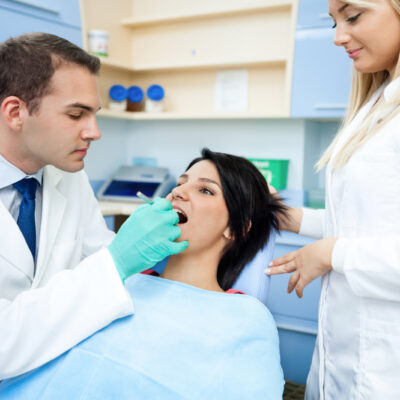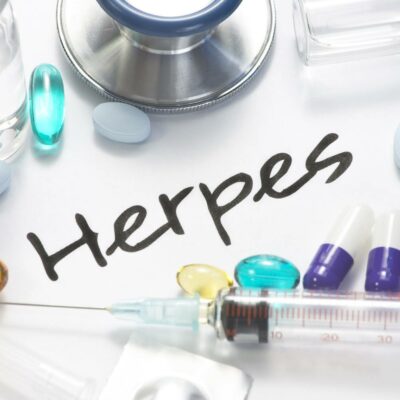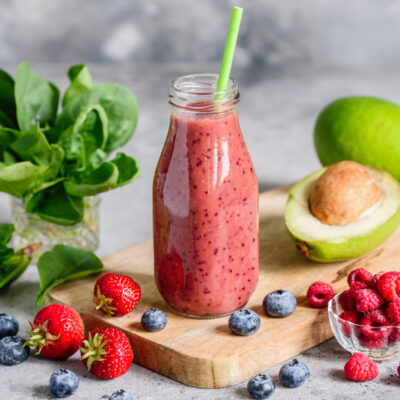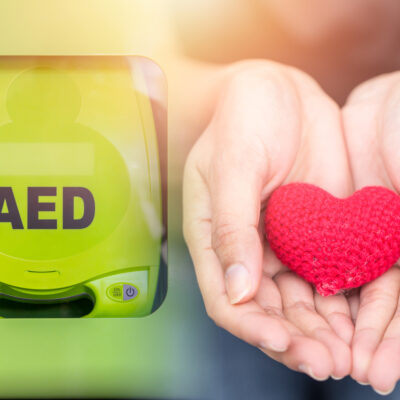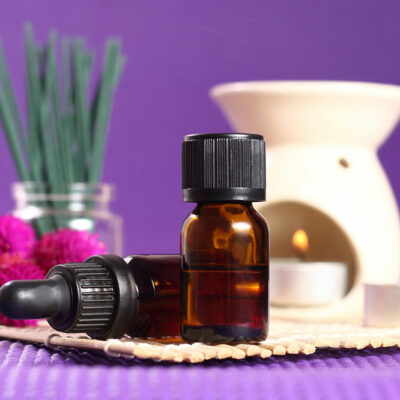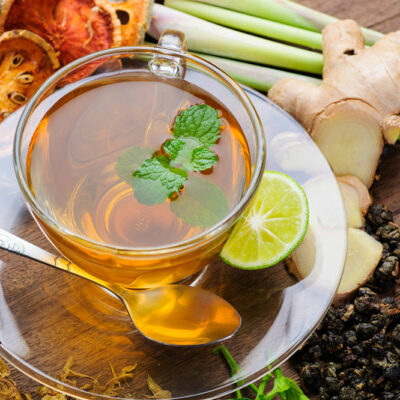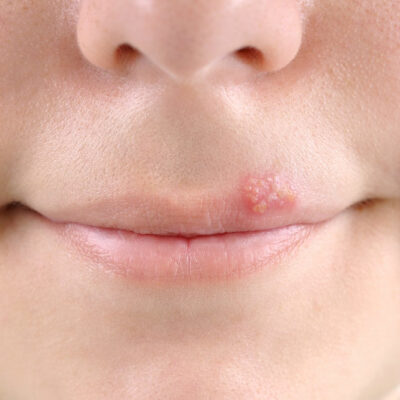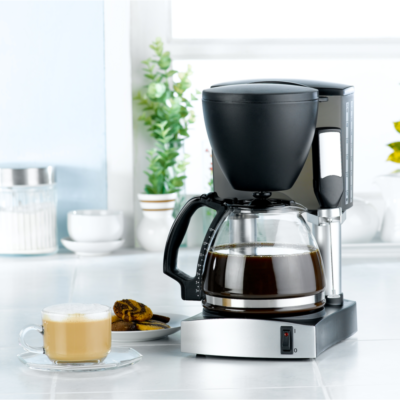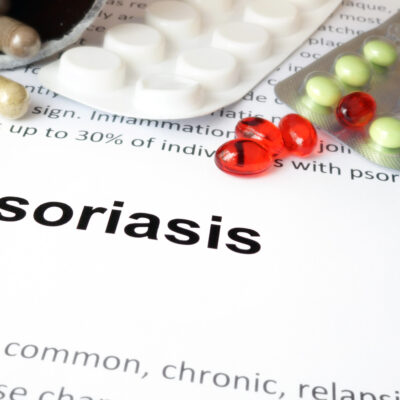
Health
The Worst Foods For Psoriasis And Treatment Options
Managing psoriasis involves a comprehensive approach that extends beyond skin treatments like psoriasis ointment for the scalp. Diet plays a crucial role, and understanding the impact of certain foods on psoriasis symptoms is essential. In this article, we explore the worst foods for psoriasis and discuss treatment options, including skin psoriasis ointment, to help those dealing with this skin condition make informed choices for a more comfortable and nourished skin. 1. Processed and sugary foods Foods high in processed sugars and refined carbohydrates can exacerbate inflammation, potentially worsening psoriasis symptoms. Individuals with psoriasis should limit their intake of sugary snacks, sodas, and processed meals to help manage inflammation and support overall skin health. 2. Red meat and high-fat dairy Red meat and high-fat dairy products may contribute to inflammation in the body. These foods contain saturated fats, which can trigger an inflammatory response, potentially impacting psoriasis. Consider replacing red meat with leaner protein sources and opting for low-fat dairy or dairy alternatives. 3. Nightshade vegetables Nightshade vegetables like tomatoes, peppers, and eggplants contain compounds that may contribute to inflammation in some individuals. While not everyone with psoriasis is sensitive to nightshades, it may be worth experimenting with reducing or eliminating these vegetables from the diet to observe any changes in symptoms.
Read More 



